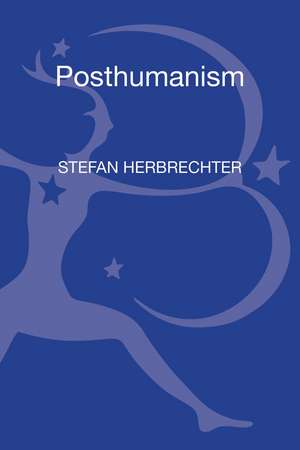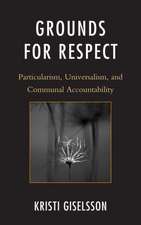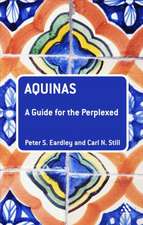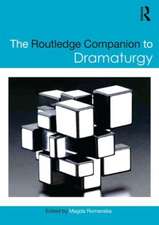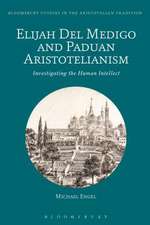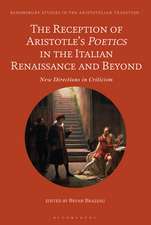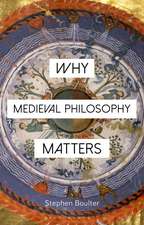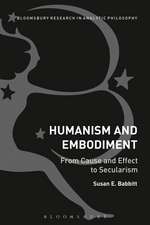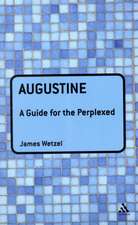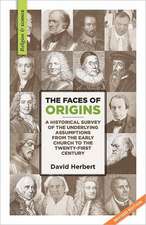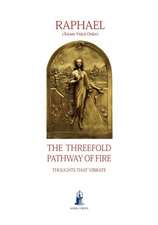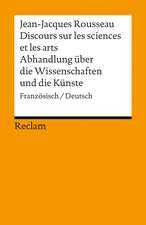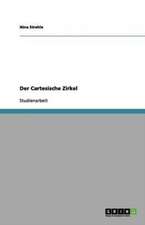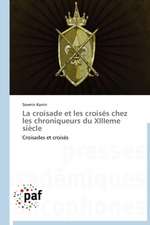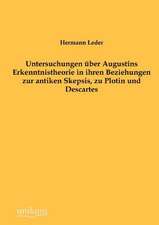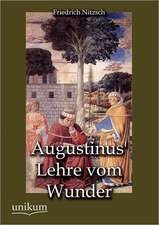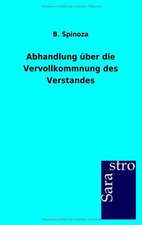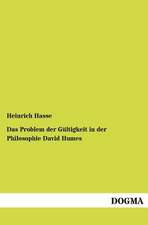Posthumanism: A Critical Analysis
Autor Dr Stefan Herbrechteren Limba Engleză Hardback – 31 iul 2013
| Toate formatele și edițiile | Preț | Express |
|---|---|---|
| Paperback (1) | 178.65 lei 6-8 săpt. | |
| Bloomsbury Publishing – 31 iul 2013 | 178.65 lei 6-8 săpt. | |
| Hardback (1) | 772.58 lei 6-8 săpt. | |
| Bloomsbury Publishing – 31 iul 2013 | 772.58 lei 6-8 săpt. |
Preț: 772.58 lei
Preț vechi: 990.43 lei
-22% Nou
Puncte Express: 1159
Preț estimativ în valută:
147.85€ • 153.48$ • 123.28£
147.85€ • 153.48$ • 123.28£
Carte tipărită la comandă
Livrare economică 24 martie-07 aprilie
Preluare comenzi: 021 569.72.76
Specificații
ISBN-13: 9781780938370
ISBN-10: 1780938373
Pagini: 248
Dimensiuni: 138 x 216 x 20 mm
Greutate: 0.45 kg
Ediția:New.
Editura: Bloomsbury Publishing
Colecția Bloomsbury Academic
Locul publicării:London, United Kingdom
ISBN-10: 1780938373
Pagini: 248
Dimensiuni: 138 x 216 x 20 mm
Greutate: 0.45 kg
Ediția:New.
Editura: Bloomsbury Publishing
Colecția Bloomsbury Academic
Locul publicării:London, United Kingdom
Caracteristici
Uses examples from various cultural, media and science contexts to illustrate representations of posthuman futures.
Notă biografică
Stefan Herbrechter is Reader in Cultural Theory in the Department of Media, School of Art and Design, Coventry University, UK.
Cuprins
AcknowledgementsPreface1. Towards a Critical Posthumanism2. A Genealogy of Posthumanism 3. Our Posthuman Humanity and the Multiplicity of Its Forms4. Posthumanism and Science Fiction5. Interdisciplinarity and the Posthumanities6. Posthumanism, Digitalization and New Media7. Posthumanity - Subject and SystemAfterword: The Other Side of LifeBibliographyIndex
Recenzii
With apocalyptic voices about the human and humanism all around us, this genealogy and cultural analysis of our posthuman condition stands out as a very welcome alternative of thinking the end(s) of Man, demonstrating that the critical humanities are needed more than ever.
One welcomes Stefan Herberechter's Posthumanism to the posthumanism debates. His approach puts critical pressure in particular upon simplistic equations of technological prostheses and posthuman futures. Herbrechter develops an intellectual genealogy situating the varieties of posthumanism in relation to anticipatory strains in philosophy from Nietzsche to Derrida and in related critical practices of postmodernism and poststructuralism. Subsequent discussion ranges across posthumanist frontiers from matters of embodiment, the literary imaginary, disciplinarity, and digitalization, to the interplays of deconstruction and systems theory and of bio- and thanato-politics. Herbrechter's arguments are persuasive. His exposition is modest and lucid. Posthumanism will bring students new to posthumanism up to speed as well as sharpen scholarly debate.
Herbrechter's critical analysis of posthumanism is a wide-ranging and ambitious approach to what is doubtless the most significant intellectual challenge for the humanities today. Herbrechter provides a lucid overview of complex but vital issues, avoiding the pitfalls of naive technophilia or apocalyptic gloom. Instead, his timely and stimulating discussion shows how a critical appraisal of the posthuman can help us to elucidate who and what we are at the beginning of the twenty-first century.
Herbrechter's book is written with a sharp lucidity, and very much fulfils its task of being a critical intervention into the discourse of posthumanism.
One welcomes Stefan Herberechter's Posthumanism to the posthumanism debates. His approach puts critical pressure in particular upon simplistic equations of technological prostheses and posthuman futures. Herbrechter develops an intellectual genealogy situating the varieties of posthumanism in relation to anticipatory strains in philosophy from Nietzsche to Derrida and in related critical practices of postmodernism and poststructuralism. Subsequent discussion ranges across posthumanist frontiers from matters of embodiment, the literary imaginary, disciplinarity, and digitalization, to the interplays of deconstruction and systems theory and of bio- and thanato-politics. Herbrechter's arguments are persuasive. His exposition is modest and lucid. Posthumanism will bring students new to posthumanism up to speed as well as sharpen scholarly debate.
Herbrechter's critical analysis of posthumanism is a wide-ranging and ambitious approach to what is doubtless the most significant intellectual challenge for the humanities today. Herbrechter provides a lucid overview of complex but vital issues, avoiding the pitfalls of naive technophilia or apocalyptic gloom. Instead, his timely and stimulating discussion shows how a critical appraisal of the posthuman can help us to elucidate who and what we are at the beginning of the twenty-first century.
Herbrechter's book is written with a sharp lucidity, and very much fulfils its task of being a critical intervention into the discourse of posthumanism.
Descriere
This critical introduction understands posthumanism as a discourse, covering everything that has been and is being said about the figure of the 'posthuman'. It outlines the genealogy of the various posthuman 'scenarios' in circulation and engages with their theoretical and philosophical assumptions and social and political implications.
